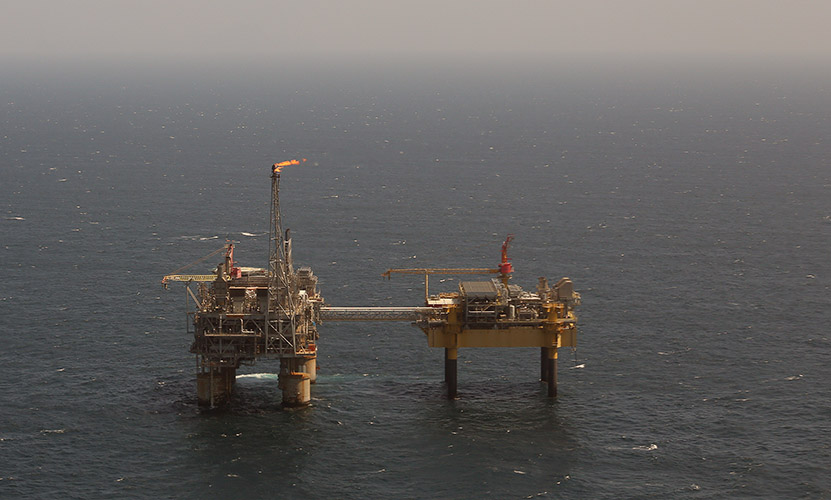
Senator Win Gatchalian is urging the Duterte administration to be more aggressive in its pursuit of energy self-sufficiency by launching a “Drill, Drill, Drill” program to explore and develop the country’s untapped oil and natural gas resources.
The senator, who serves as chairman of the Senate Energy Committee, made the call amid the latest round of global oil price hikes, which he said is one of the primary drivers of the rising inflation rate that hit a nine-year high again in September at 6.7 percent.
“The Philippines is blessed with rich natural resources throughout its exclusive economic zone and extended continental shelf, including natural gas and oil. Unfortunately, we have been unable to tap the full potential of these energy resources. Because of this, we have no choice but to import crude oil from oil-exporting countries, even if the price has become unconscionably high,” he said.
“As a result of this, Filipino commuters, vehicle owners, and public utility vehicle operators have had to suffer countless economic hardships because of volatile global oil price movements. This gives us all the more reason to pursue energy self-sufficiency,” he added.
To illustrate his point, Gatchalian said the Philippines has been importing 94 percent of its oil requirements, with the total import bill jumping to $9.89 billion in 2017, a 31.2 percent increase from the $7.54 billion import bill in 2016.
With the price of Brent crude now hitting $84 a barrel this week, up from around $78 a barrel in July, Gatchalian stressed the need for the country to tap its own untapped oil and gas reserves throughout its islands and waters.
Data from the Department of Energy (DOE) show that the country potentially has 3.5 billion barrels of oil deposits and 24.7 trillion cubic feet of gas deposits that are considered undiscovered. The DOE said only 4.6 percent or 168 million barrels of oil and 3.8 trillion cubic feet of gas had been discovered since 2016.
Despite these vast reserves of untapped resources, the DOE reports that the Philippines only has six producing service contracts, three of which are nearing depletion. In July, DOE said it is still eyeing awarding at least nine more petroleum service contracts (PSCs) via its modified Philippine Conventional Energy Contracting Program.
“It is high time for the government to launch a Drill, Drill, Drill program which will use these untapped oil and gas resources to pursue Philippine energy independence and pave the way for the country to become an energy exporting powerhouse,” Gatchalian said.
However, the senator noted that perceived instability in some of the country’s energy and economic policies have discouraged foreign players from conducting petroleum exploration in the Philippines. Some of these controversial issues including the Commission on Audit’s ruling on the Malampaya project’s income tax, the Supreme Court ruling on the validity of service contracts signed by the Energy Secretary, and the looming passage of the TRABAHO Bill.
“Investors, particularly major foreign oil and gas companies, are looking for more certainty and stability before buying into the Philippine energy sector. The government needs to address these problem areas in order for the Drill, Drill, Drill program to move forward,” he said.


